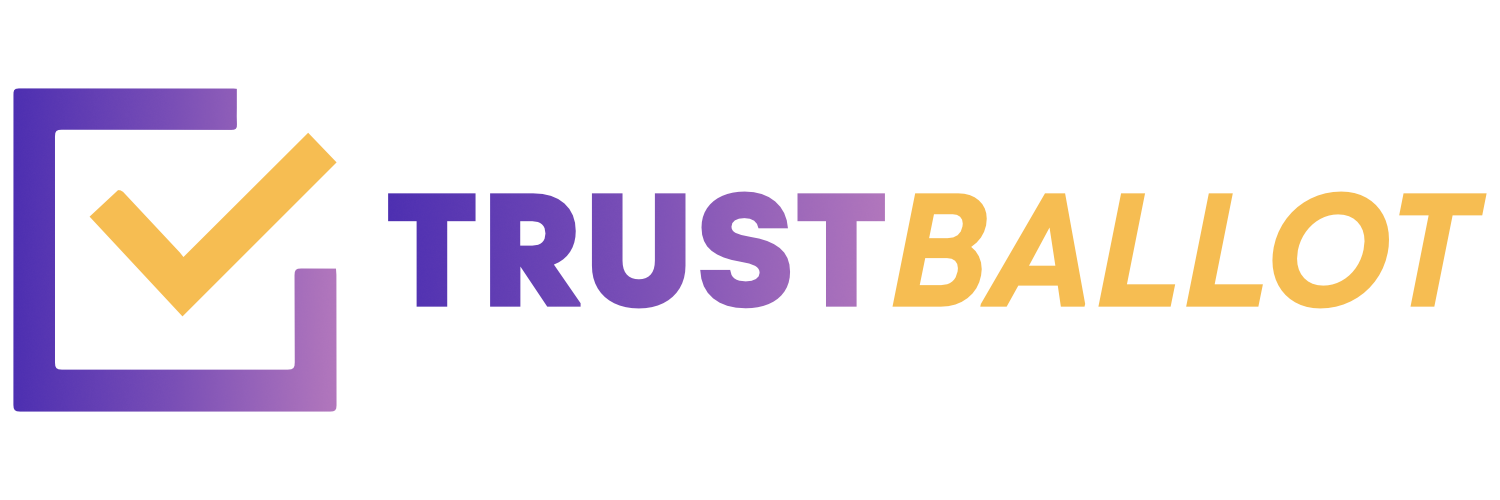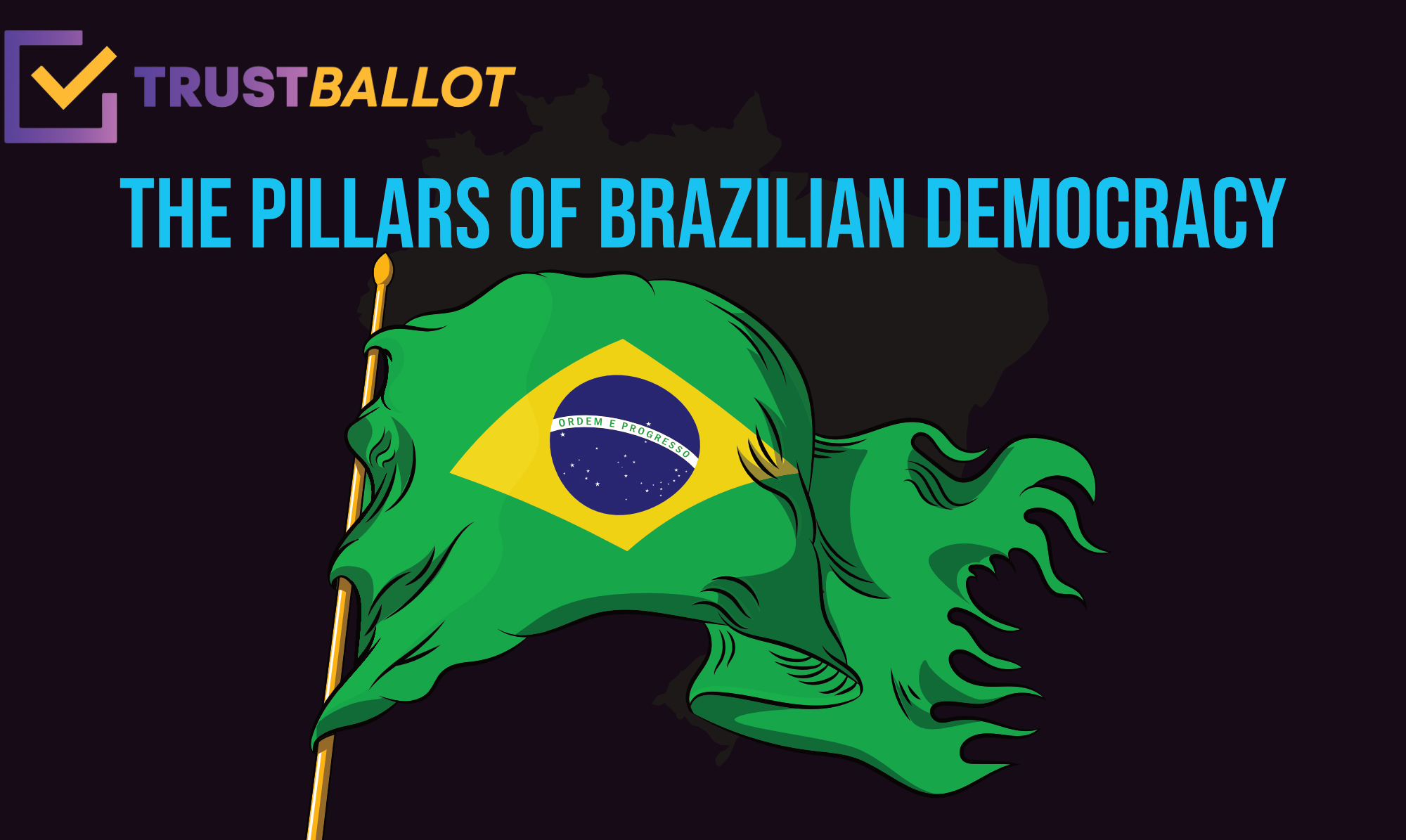The Pillars of Brazilian Democracy
Brazil boasts a rich political history marked by significant strides in its electoral governance. This in-depth examination delves into the imperative need for electoral integrity in Brazil and spotlights the pivotal role played by the Electoral Justice system in mitigating and addressing these critical challenges.
This study aims to dissect the risks faced, scrutinize the proactive measures in place, and shed light on instances where these risks have transformed into substantial threats. Furthermore, we will delve into the crisis management procedures, with an emphasis on prompt communication and proactive tools. Ultimately, we conclude by highlighting key takeaways and persisting challenges that lie ahead.
To encapsulate Brazil's relationship with electoral integrity, we divide its political history into two distinct eras: pre-1932 and post-1932. The First Republic, also known as the Old Republic, spanned from the monarchy's overthrow in 1889 until the 1930 revolution. During this period, electoral politics were tainted by fraudulent practices, as regional elites wielded control over election outcomes. Local political parties managed voter registration, votes lacked secrecy, and vote tallying was often manipulated.
The turning point arrived with the 1930 revolution, ushering in the 'Vargas Era' (1930–1945) and the establishment of the Electoral Justice system. The 1932 electoral law introduced transformative reforms, granting women the right to vote, ensuring ballot secrecy, regulating voter and candidate registration, and creating the Electoral Justice system.
Since then, electoral management and adjudication in Brazil have been entrusted to this judicial branch, comprising a national supreme electoral court (the Tribunal Superior Eleitoral [TSE]) and 27 state courts (the Tribunais Regionais Eleitorais [TREs]). This institutionalization marked the end of fraudulent practices that marred the Old Republic.
Nonetheless, electoral fraud continued to evolve, necessitating innovative prevention methods, including the adoption of technological solutions such as electronic voting machines and biometric identification.
International IDEA shows that there are varieties of risk to electoral integrity. The Brazilian Electoral Justice system serves a dual function, encompassing both electoral management and adjudication roles. This unique structure guarantees the organization's independence from the executive branch and is staffed by highly qualified, tenured professionals. The TSE shoulders responsibilities that revolve around addressing two primary categories of risks:
Direct Electoral Process Risks: These encompass electoral fraud, manipulation, unfair competition, gender bias, illegal campaign practices, and violence. The TSE employs technology to combat fraud and manipulation, while unfair competition and illegal campaigning are addressed through ex-post judicial actions.
Institutional Risks: These encompass threats to the integrity of the Electoral Management Body (EMB) itself, including attacks on personnel, infrastructure, data, and reputation. The TSE has instituted an institutional risk management policy to assess, prioritize, and mitigate these potential risks.
In addressing these risks, the TSE deploys various strategies and preventive measures. A key focus area is the battle against disinformation, which can erode trust in the institution as the electoral authority. The TSE conducts traditional and social media campaigns and offers fact-checking services to counter disinformation. These efforts are bolstered by the establishment of a dedicated unit called the TSE's Special Advising Committee on Combating Disinformation.
Gender inequality in elections remains a significant challenge in Brazil. While the TSE has implemented campaigns and surveillance to tackle this risk, lasting solutions hinge on legislative reforms to strengthen gender quotas and enforcement.
The TSE has implemented a comprehensive institutional risk management policy. Each unit within the organization identifies, assesses, and reports risks to the TSE's Department of Strategic and Socio-environmental Management. These risks are then prioritized, with risk tolerance thresholds determined by the highest office. This approach ensures effective resource allocation to mitigate potential threats.
The TSE's ability to shield itself from institutional risks is further fortified by its position within the judicial branch, enjoying public trust and independence. TSE personnel are highly qualified, holding advanced degrees, and benefit from job security, thus safeguarding them from political pressures.
Over the years, the TSE has exhibited resilience in confronting electoral challenges and crises. The transition from paper ballots to electronic voting machines significantly reduced the risk of fraud during the vote-counting process. Additionally, the implementation of biometric identification further bolstered electoral integrity.
The TSE adeptly handled the challenge of conducting elections during the Covid-19 pandemic by collaborating with health experts, securing legislative approval for postponements, and implementing health protocols to safeguard voters and poll workers.
In cases where crises have arisen, such as disinformation campaigns or political attacks on the voting system, the TSE has effectively utilized proactive tools like judicial orders and fines to uphold public confidence in the electoral process.
The TSE maintains a robust crisis management framework with redundancies in critical activities and contingency plans to ensure seamless operation, even in the face of physical or operational challenges. The institution's communication strategy has proven instrumental in managing minor crises, such as waves of disinformation, by promptly addressing issues and transparently explaining actions taken to the public.
However, certain crises fall outside the purview of the TSE, such as violent protests or legislative actions that undermine electoral integrity. These challenges necessitate collaborative efforts with other institutions, such as the police and the judiciary, to safeguard democracy.
In the context of preserving Brazil's electoral integrity, the impending trial of former President Jair Bolsonaro holds immense significance. Accused of abusing his presidential authority by baselessly challenging Brazil's election systems, a conviction could render him ineligible for public office for eight years.
Bolsonaro's persistent attacks on the electoral process, despite a lack of credible evidence, eroded confidence in the fairness of the 2022 election. The trial serves as a pivotal moment that has the potential to reshape Brazilian politics by sidelining a prominent conservative figure. It sends a resounding message about the paramount importance of upholding electoral integrity in democratic societies.
Brazil's journey towards electoral integrity underscores the indispensable role played by the Electoral Justice system. While the TSE has effectively safeguarded the voting process, certain challenges, including gender inequality and disinformation, necessitate broader legislative reforms and concerted societal efforts.
The Brazilian experience underscores the inherent limitations of an Electoral Management Body's authority and capacity. It highlights the imperative need for collaboration with other institutions and underscores the importance of addressing institutional risks that could imperil the entire democratic process.
In conclusion, Brazil's experience offers valuable lessons for the global community in managing electoral integrity risks and emphasizes the ongoing challenges that demand innovative solutions and collaborative efforts to preserve and strengthen democratic values.

